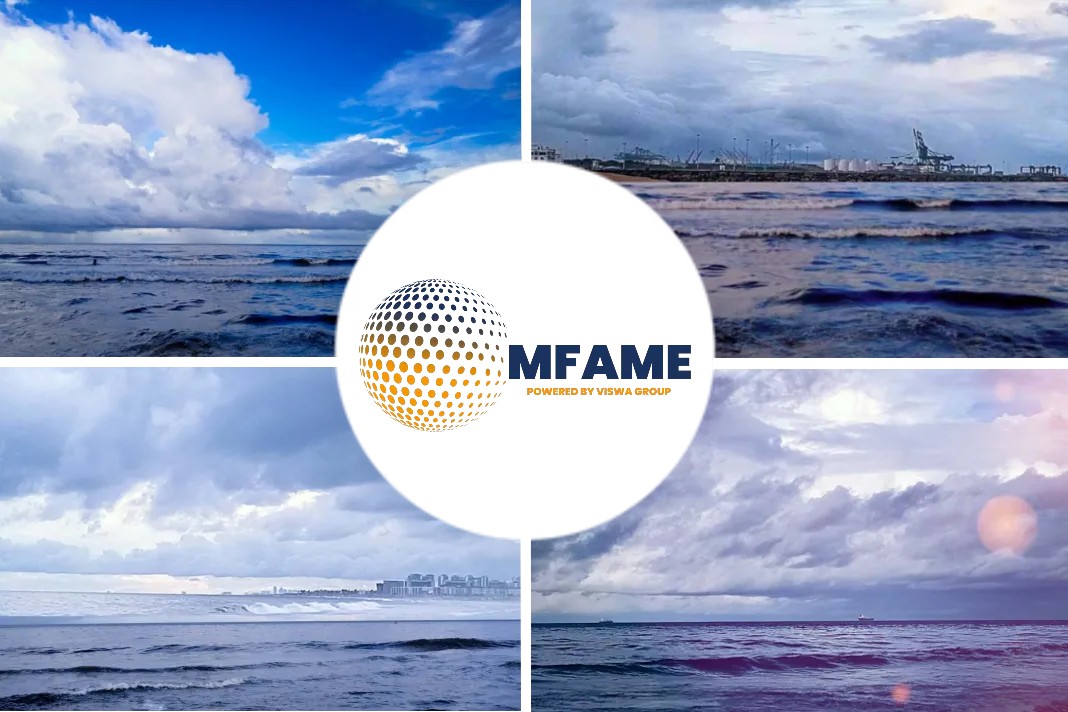The 75th session of the IMO’s Marine Environment Protection Committee was heavily dominated by discussion about the adequacy of steps to deliver greenhouse gas (GHG) reduction policies. The outcomes were a compromise, which inevitably means that few were completely satisfied, says the IBIA guide on IMO’s GHG measures
Compromise & Review
A package of measures (see point 2 below) that was up for approval at MEPC 75 had already been discussed at length in October during an intersessional GHG meeting, where many member states criticised it for being too weak, but reluctantly accepted it as the best compromise possible at this time, largely thanks to a review clause to assess how effective the measures have been. The review should be completed by 2026.
Concerns over impact on developing nations
One of the elements that makes agreement so hard to reach is concern about the impact on states from any measures adopted by the IMO, in particular on developing and remote countries whose economies and trade opportunities, as well as imports of essential goods, depend heavily on international shipping. All measures are required to undergo an impact assessment.
The measures that were adopted and agreed at MEPC 75 are in line with the IMO’s initial greenhouse gas strategy. The first step is to identify and implement short term measures to meet the first stated ambition, which is to reduce CO2 emissions per transport work as an average across international shipping by 40% by 2030 compared to a 2008 baseline.
This will not in itself guarantee that overall CO2 emissions from shipping fall as the initial steps are aimed at reducing the carbon intensity of ships. If global trade and transport of goods grows by more than 40% to 2030, CO2 emission from shipping could also grow even if the 40% carbon intensity reduction target is met.
The initial short-term, goal-based measures to reach the 2030 ambition include tightening existing mandatory energy efficiency measures, and introducing new mandatory technical and operational efficiency measures.
The Steps Taken
Below is a summary of steps taken at MEPC 75 to control GHG emissions from shipping:
- Adopted amendments to MARPOL Annex VI on early application of Phase 3 of the Energy Efficiency Design Index (EEDI) – bringing it forward from 2025 to 2022 for selected ship types. Entry into force will be 1 April, 2022 but early implementation is encouraged.
2. Approved draft amendments to MARPOL Annex VI to allow for a package of mandatory GHG reduction measures that will apply to existing ships. If adopted at MEPC 76 they will enter into force in 2023.
The measures consist of:
- Energy Efficiency Existing Ship Index (EEXI) applicable to all existing ships. Once the EEXI is verified the ship should get an Energy Efficiency Certificate.
- Carbon Intensity Indicator rating (CII) for ships above 5,000 GT, with an annual A to E rating system which needs to be verified by its Administration, which will issue a “Statement of Compliance”. A ship that as an E-rating for any single year or a D-rating for three consecutive years will be required to develop a corrective action plan that will be part of the SEEMP and subject to approval.
- Enhanced Ship Energy Efficiency Management Plan (SEEMP) which will be subject to approval and audits.
- Agreed on Terms of Reference for a comprehensive impact assessment of the draft measures in point 2. This is required under the IMO’s initial GHG strategy and repeatedly referred to by IMO Member States that worry about the impact of measures on the cost trade for developing and remote countries.
- Approved IMO’s Fourth GHG Study 2020
The study provides a GHG inventory for 2012-2018, carbon intensity calculation and emission projections to 2050. It estimates that under a BAU scenario, CO2 emissions from shipping could increase by 90-130% to 2050, which clearly demonstrates that policy measures and low carbon innovations will be required.
- Had a lengthy discussion about a proposal from shipping industry organisations for an International Maritime Research and Development Board (IMRB) to overlook an International Maritime Research Fund (IMRF) expected to raise approximately $5 billion via a mandatory R&D contribution of $2 per tonne of fuel oil purchased for consumption. Also included in the debate at MEPC 75 were four papers submitted with comments on the IMRB/IMRF proposal.
While nobody objected to the need for R&D to identify and develop technologies and fuels that will be needed to get shipping towards the IMO’s stated ambition of cutting CO2 emissions from shipping by at least 50% by 2050, there were many concerns and questions about the proposal. Many commented that it was not sufficiently clear about legal structure, the collection of funds, and the management and allocation of funds. There were reservations about the IMO mandating a fee for a fund not directly under the IMO’s control. The need to assess the impact on states was also raised. Several pointed out the need to avoid duplication of other R&D efforts which is already well underway, both in the private sector and elsewhere.
In summary, there was no definitive yes or no to the IMRB/IMRF proposal, only an invitation for interested parties to submit papers to MEPC 76 to comment on it in more detail, noting he concerns raised at MEPC 75, or submit alternative proposals.
6. Adopted resolution MEPC.327(75) on voluntary National Action Plans to reduce GHG emissions from international shipping.
The National Action Plans could include: improving domestic institutional and legislative arrangements for the effective implementation of existing IMO instruments, developing activities to further enhance the energy efficiency of ships, initiating research and advancing the uptake of alternative low-carbon and zero-carbon fuels, accelerating port emission reduction activities, fostering capacity-building, awareness-raising and regional cooperation and facilitating the development of infrastructure for green shipping.
Did you subscribe to our daily newsletter?
It’s Free! Click here to Subscribe!
Source: IBIA
















